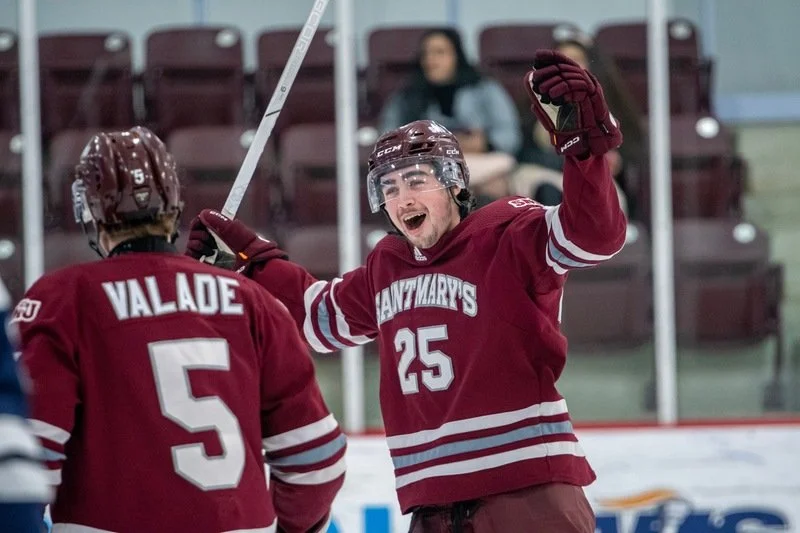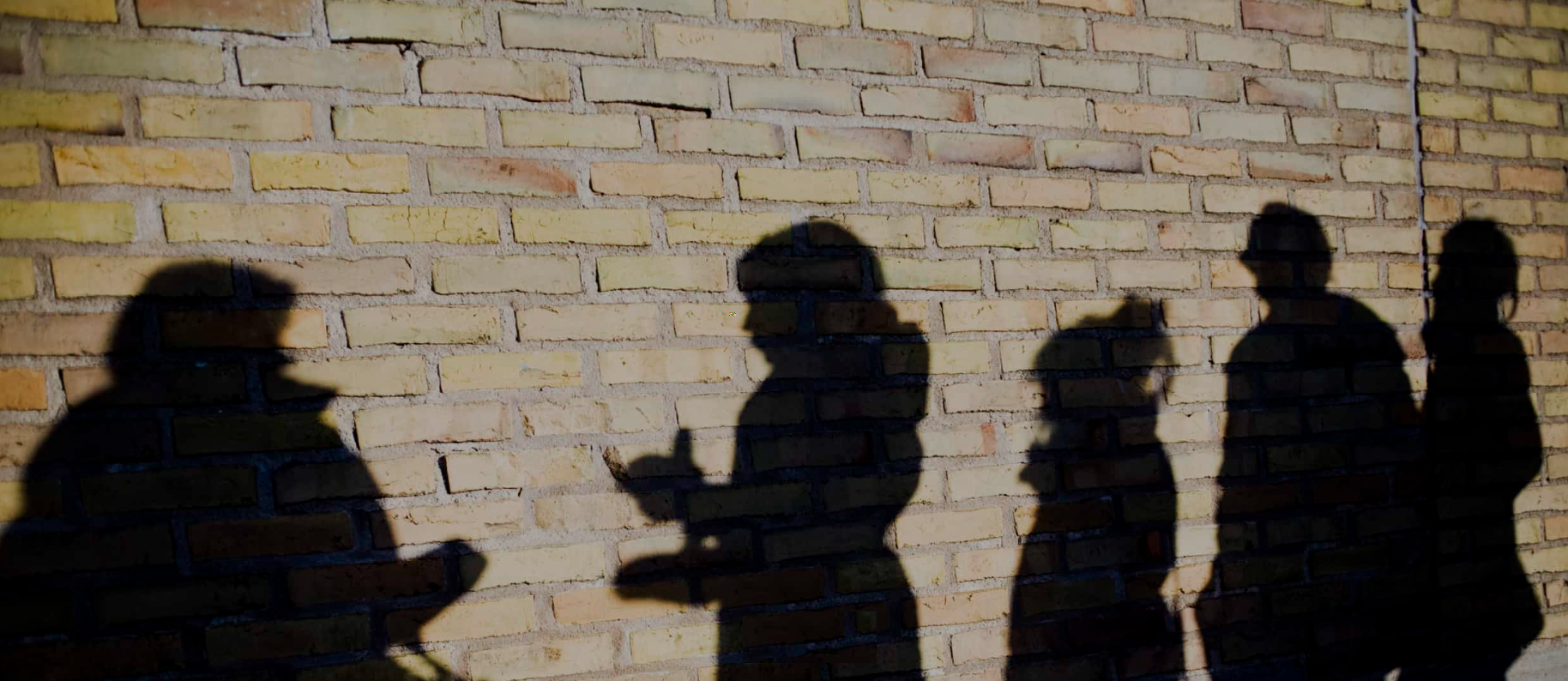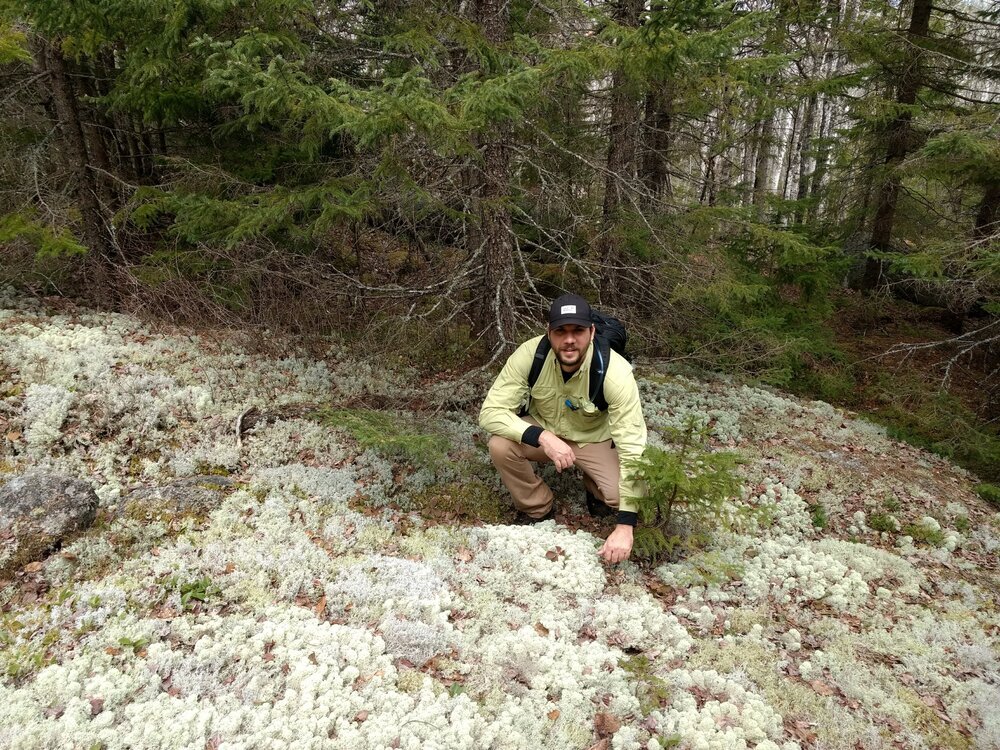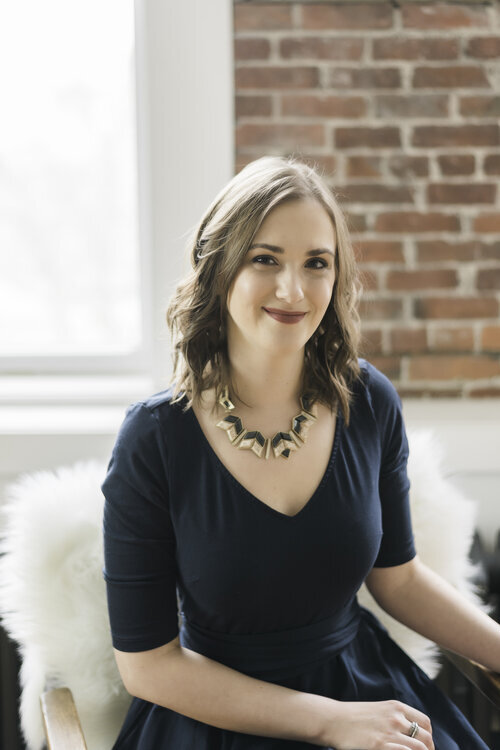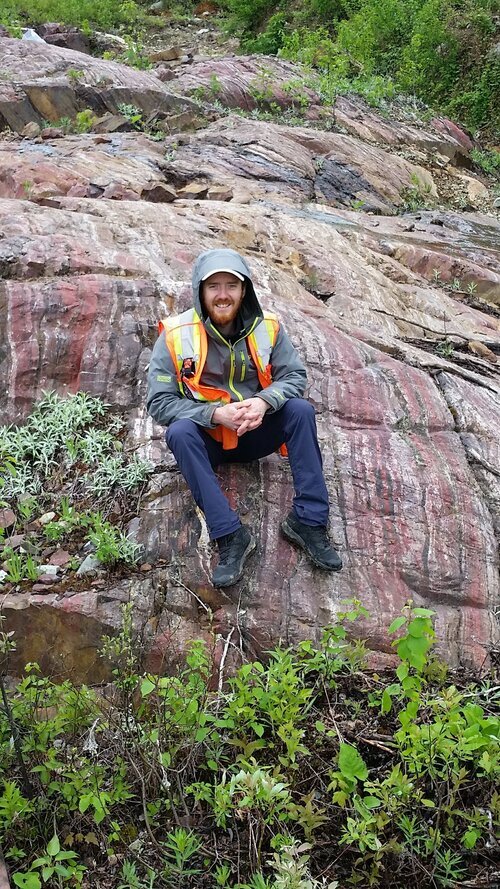With hard work and dedication to their studies, top undergraduate students at Saint Mary’s have won the opportunity to do paid research with their professors this summer. Some will be in labs, others in the field or working remotely.
Research at Saint Mary’s University has an impact on our community and globally. These students are placed across the campus in Science, Arts and Business faculties. Research topics include applying human resource concepts to sports teams, analyzing data and images from NASA’s Hubble Space Telescope, the shift in approach to feminist policy in Canada, and analysing case studies on the collapse of fish stocks and fisheries worldwide.
Canadian and International students are eligible for four award programs:
Natural Sciences and Engineering Research Council of Canada’s Undergraduate Student
Research Awards (NSERC USRA);Social Sciences and Humanities Research Council (SSHRC) Explore Summer Research Awards; and,
Dean of Science Undergraduate Summer Research Awards
First Year Undergraduate Awards
Working with professors whose research is making positive changes in the world guides students on their educational path to become the next generation of researchers.
“Saint Mary’s University faculty members excel at engaging undergraduate students in their research efforts, and these experiences are a transformational positive experience for every student that has the opportunity,” said Dr. Adam Sarty, Associate Vice-President, Research and Dean, Faculty of Graduate Studies and Research.
“The one-on-one attention from our faculty members and teamwork with peers is a perfect complement to an undergraduate degree, and provides an exceptionally strong foundation for career entry, or future professional/graduate studies,” said Dr. Sarty.
The Awards
USRA awards, open to Canadian students who have completed at least a year of a bachelor’s degree, are meant to help students develop their potential for a research career in the natural sciences and engineering.
SSHRC Explore awards are open to students studying social sciences and humanities. With these two award programs that are supported by our federal funding councils, combined with the Dean of Science and First Year awards, all Saint Mary’s University students, Canadian and international, have an opportunity to apply for summer research award positions, even after their first year of study.
This year are students are working on these exciting and inspiring research projects:
Humaid Muhammad Agowun (Mathematics & Computing Science; Supervisor: Paul Muir)
Tanisha Ballard (Chemistry; Supervisor: Clarissa Sit)
Continuing certain projects already initiated, my lab partners and I will be looking at improving plant growth, and potentially, pest control in crop production. This summer, hopefully we will be able to conduct field trials on various crops, as well as additional greenhouse and green roof trials this summer to investigate this.
Abigail Battson (Astrophysics; Supervisor: Vincent Hénault-Brunet)
I will be working on high-velocity stars in globular clusters. These stars are far too fast to have been produced by the typical cluster dynamics, and are likely produced by interactions between a binary star system and a black hole. My work involves finding these stars using the GAIA proper motion data and confirming that they are likely members of the cluster, with plans to apply this process to all the globular clusters I can. Eventually, I hope to analyze the three-body interactions that cause the star's high speed to discover what kind of black holes would produce the results observed.
Samantha Bennett (Environmental Science; Supervisor: Erin Cameron)
This summer I am going to be studying soil biodiversity and the effects of global change, climate change and invasive species on species distribution. I will spend part of the summer researching earthworms, looking into their distribution and dispersal. I am hoping to get the opportunity to go to Western Canada later in the summer to study the distribution of earthworms in Saskatchewan.
Hannah Birru (Economics; Supervisor: Joniada Milla)
Labour economics in Chile.
Abby Brouwer (Biology; Supervisor: Anne Dalziel)
Testing how freshwater tolerance evolves in stickleback or study the factors influencing hybridization rate and direction in killifishes. This work will involve collecting fish from the field, caring for fish brought back to the aquarium facilities, and conducting molecular and biochemical analyses in the lab.
Chloe Champion (Biology; Supervisor: Anne Dalziel)
Continuing field and molecular work in the Dalziel Lab on “Mechanisms affecting rates and directions of hybridization in killifish species producing asexual hybrids.”
Jakob Conrad (Mathematics; Supervisor: Mitja Mastnak)
The study and classfication of hopf algebras, using computational methods and tools, and studying the simultaneous triangularization of linear transformations and their corresponding chains of invariant subspaces.
Katrina Cruickshanks (Biology; Supervisor: Sean Haughian)
Analyzing lichen species of old growth forests of Nova Scotia to assist land managers with prioritizing conservation decisions.
Myles Davidson (Psychology; Supervisor: Skye Stephens)
I am working with Dr. Skye Stephens on a prevention project for adults at risk of sexually offending against children. We are working on identifying what is considered best practice for preventing offending amongst this demographic.
Bryn de Chastelain (Political Science; Supervisor: Alexandra Dobrowolsky)
My research is supporting the development of an article by Dr. Dobrowolsky on the topic of feminist policy and gender equality in Canada. Specifically, I will be analyzing speeches and policy approaches under Pierre Elliott Trudeau and his son Justin Trudeau, demonstrating the shift (or lack thereof) in approach to feminist policy in Canada. This will inform a comparative analysis of the different political eras to showcase the realities of feminism and gender equality in Canada.
Matthew Fancy (Marketing; Supervisor Tiffany Vu)
Helping to develop and test various theories in marketing pertaining to charitable giving and sustainability.
Mark Funnell (Geography & Environmental Studies; Supervisors: Matthew Novak & Khan Rahaman)
I am a first-year Geography undergrad working with the Wicked Problems Lab to assess the pandemic’s effect on local governance. This looks to answer how municipal government has been affected in Halifax and elsewhere in Canada through using qualitative data analysis software and other research methods.
Justin Gray (Mathematics and Computing Science; Supervisor: Stavros Konstantinidis)
A regular expression is a pattern that is used to match desirable word(s) in a text. Given a regular expression and a word, there are algorithms to determine if the regular expression matches the word; this is called the membership problem. This is often solved by converting the regular expression into an automaton, but can also be solved using other direct algorithms. My research will focus on algorithms and implementation of the membership problem for multi-dimensional word/regular expression tuples, which are studied in the area of what is formally known as rational word relations. This type of regular expressions is of current interest both in the theory of rational relations and their applications in areas like databases and computer security.
Samantha Henneberry (Chemistry; Supervisor: Rob Singer)
This summer I will be working with Dr. Singer and his team on a green chemistry project involving ionic organocatalysis. These ionic organocatalysts can potentially provide more green alternatives to traditional organic liquids. Another project involves the N-demethylation of opioids, using sonochemical / ultrasound methods. This project falls under the medicinal side of organic chemistry, and may even be published by the end of the summer.”
Jacob Hoare (Chemistry; Supervisor: Rob Singer)
Sam Julien (Chemistry; Supervisor: Christa Brosseau)
I am a 4th year chemistry honours student. I will be developing a novel biosensor for rapid detection of cardiac biomarkers. This technology may be useful for the early evaluation of heart attacks before the onset of physical symptoms.
Amy Kehoe (Engineering; Supervisor: Adel Merabet)
Maggie Kelly (Biology; Supervisor: Laura Weir)
I will be working with Dr. Weir and her study of the mating behaviour of Japanese Medaka fish.
Madison Kieffer (Modern Languages and Classics; Supervisor: Sveva Svavelli)
Processing artifacts and organizing documentation from the archaeological excavation at the Oenotrian-Greek site of Incoronata “greca” (Pisticci-Basilicata-Italy) (8th- 6th c. BCE). Current investigation of the site focuses on the relationships formed between Indigenous populations in southern Italy and incoming Greeks in the wider context of Greek colonialism and imperialism in the ancient Mediterranean.
Mayara Mejri (Biology; Supervisor: David Chiasson)
Nam Nguyen (Accounting; Supervisor: Vasiliki Athanasakou)
I am super passionate about working in the accounting and taxation field. I am currently participating in the research project of Professor Athanasakou to perform analysis on corporate reporting, and I am working full-time as an Excise Tax Examiner at the Canada Revenue Agency. I am interested in this topic as I have the opportunity to review and evaluate annual reports and information forms from many different companies. Working with Professor Athanasakou and learning from her stories and experience will allow me to learn and gain more handy skills and knowledge, and this would help in pursuing my CPA designation.
Narmeen Oozer (Mathematics & Computing Science; Supervisor Mitja Mastnak)
Bibek Parajuli (Psychology; Supervisor: Arla Day)
Gwen Pearson (Women & Gender Studies/Criminology; Supervisors: Byers/Collins)
Collecting existing data and research on the subject in the media, including television shows and documentaries. I will examine the content relating to many different aspects like story arc, genre, and how characters are portrayed. I also expect to learn skills relating to criminology, media studies, and research, that will likely benefit me as I complete my degree.
Bernice Perry (History; Supervisor: Heather Green)
Working alongside Professor Green and her collaborators on the Northern Borders Project, researching first and secondary sources for developing an open access online teaching module, surrounding aspects of borders and boundaries in the North. This project entails looking at physical borders and cultural and racial boundaries using scholarly and local perspectives. There is also an opportunity for independent research surrounding the project themes, which may be featured in the teaching module.
Grace Robertson (Environmental Science; Supervisor: Tony Charles)
I will be compiling and analysing case studies and other information from around the world on the collapse of fish stocks and fisheries, leading to a published report. I will also be working with simulation modelling of the impacts of marine protected areas on fisheries and marine biodiversity. Lastly, I will be engaging in the work of the Community Conservation Research Network through research and outreach activities.
Jacqueline Shaw (Psychology; Supervisor: Kevin Kelloway)
Working with Dr. Kelloway and his research group to study organizational response to the Covid-19 outbreak, as well as psychological injuries at work, stress interventions, and the relationship between personality and organizational outcomes.
Jaylynn Skeete (Psychology; Supervisor: Nicole Conrad)
I will be assisting Dr. Conrad with her research on the relationship between spelling and reading comprehension, and with statistical input and analysis as well as creating my own research study and design.
Ashley Ta (Management; Supervisor: Terry Wagar)
Applying human resource concepts to sports teams, coaches, and athletes. I will also be assisting in writing literary reviews, assembling data, and conducting interviews.
Devin Williams (Astrophysics; Supervisor: Marcin Sawicki)
Analyzing data and images from NASA’s Hubble Space Telescope and other giant ground-based telescopes to study galaxy morphology, and learn how galaxies form, grow, and evolve in the early Universe.

